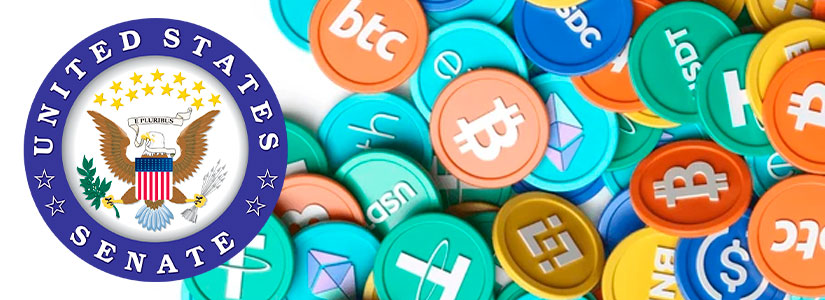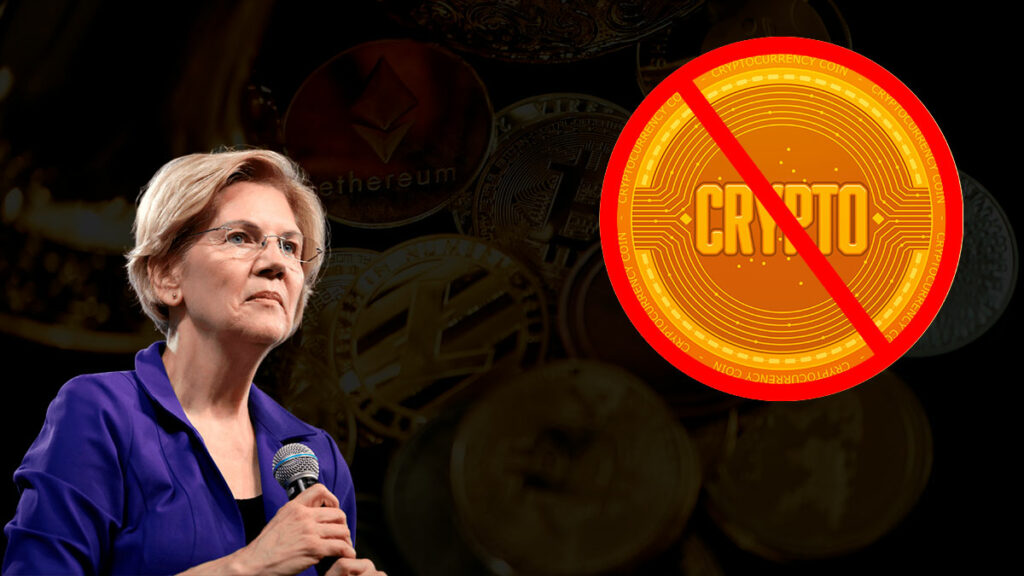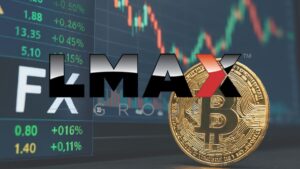U.S. Senator Elizabeth Warren, a well-known crypto critic, has introduced a new bill aimed at regulating the digital asset industry. The bill, known as the Digital Asset Anti-Money Laundering Act of 2023, seeks to mitigate the risks that cryptocurrencies pose to the United States national security by closing loopholes in the existing anti-money laundering and countering the financing of terrorism framework.
The bill has gained bipartisan support, with Senator Roger Marshall co-sponsoring the legislation. Other notable supporters include Senator Joe Manchin, who often occupies a middle ground between the parties on important legislative issues, and two Republicans: Roger Marshall and Lindsey Graham. The bill has also found backing from Wall Street bankers, an industry that draws Warren’s ire more often.
The wide-ranging bill extends anti-money-laundering requirements from the Bank Secrecy Act to providers of digital assets wallets, crypto miners, validators, and other network participants. It aims to bring the digital asset ecosystem into greater compliance with the rules that govern the rest of the financial system.
Crypto Community Speaks Against the Proposed Bill

Despite the growing support, the bill has faced criticism from various quarters. The Chamber of Digital Commerce argues that the legislation would “eradicate digital asset innovation from the United States at the expense of market security”. Critics within the crypto industry have called the bill “arbitrary and ill-defined” and have expressed concerns about its potential impact on developing and using decentralized finance (DeFi) protocols.
Senator Elizabeth Warren’s proposed Digital Asset Anti-Money Laundering Act has been criticized by some in the crypto industry. Critics argue that the bill, which aims to regulate cryptocurrencies to prevent scams, could potentially end up destroying the industry it seeks to regulate. They contend that the legislation’s broad application of anti-money laundering rules to various network participants, including wallet providers and miners, could be detrimental.
While the bill’s path toward passage remains uncertain, with a divided Congress heading into a divisive election year, it represents a controversial step in the ongoing debate over cryptocurrency regulation in the United States.










